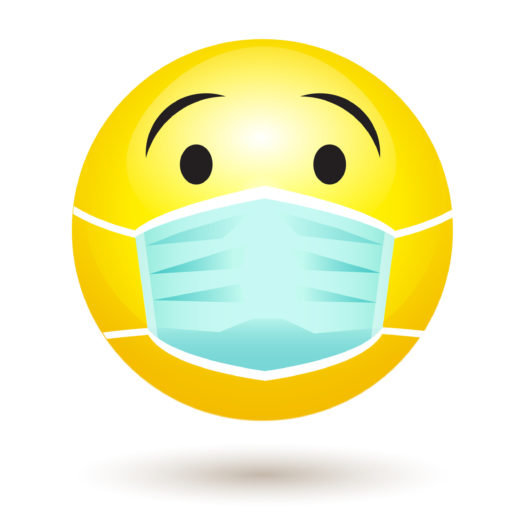Learn more about our FREE COVID-19 Patient Support Program for chronic illness patients and their loved ones.
“I don’t want to wear a mask,” my client says, with worry in her voice. “But I just have to.”
“Yes,” I agree. “It’s the smart, safe thing to do.”
“But the worst part is feeling harassed,” she adds. “Someone told me to take it off and breathe some real air the other day. Sometimes people just stare and look hostile.”
“Is this what the world has come to”? I think to myself. “How can we be in a time where a personal decision for safety is subject to this kind of bullying?”
But we are. And, unfortunately, it’s up to the “victims” — people like my immunocompromised client — to figure out how to deal with it.
It is understandable to fall into the energy of feeling victimized. My clients and I talk about that frequently. It is understandable because being bullied puts one in the legitimate mindset of a victim. But we also reflect on how disempowering it is to stay in that place. Victims don’t have agency — they just receive the assaults of people’s prejudices.
In my training as a psychologist, I learned about Dr. Stephen Karpman’s Drama Triangle, which we see often in relationships. It can be described as a play with only three roles: Victim, Persecutor, and Rescuer.
A young mother I worked with described how this applies to parenting a newborn:
“The baby cries and, because this is all so hard, I become the Victim in my own mind, and he becomes the Persecutor. Then I get stressed, which manifests into anger, and I become the Persecutor and he becomes the Victim because now he’s hurt. Then I feel bad that he’s crying and try to comfort him, turning me into the Rescuer.”
This triangle can also be applied to wearing a mask. You can feel like a Victim because you have to wear a mask, or because you are harassed or called out for wearing one. This leaves you with two choices:
- Stay a Victim and hope for Rescuer to come along
- Become a Persecutor, reliving the moment, lashing out (even if only in your head) at the person or situation that pushed you into the Victim role
But what if you could recast the play and create more productive roles?
In his book The Power of TED*, executive coach and author David Emerald restructures the Drama Triangle (or, as he deems it, the Dreaded Drama Triangle) to create the TED (The Empowerment Dynamic) Triangle. In this model, the Persecutor becomes the Challenger, the Rescuer becomes the Coach, and the Victim becomes the Creator. Emerald believes this new model is a “more empowering way to think, relate, and take action” that doesn’t put blame on any participants.
I tested this model with my client who felt victimized for wearing a mask.
“What would it feel like to be a Creator when you wear your mask?” I asked.
This was not a simple pivot in her mind; she had to think about it. But she finally said, “I would stand a little taller. I would feel in charge and like I’m creating my health.”
“And if someone came at you with an ugly comment like, ‘Get some real air?’” I countered.
She thought again.
“If I’m coming from the place of the Creator, I would imagine a bubble around him and think, ‘too bad you’re so small minded,’ and move on,” she said. “And that’s not persecuting him,” she added, “because I don’t feel stuck in that story. I can let it go.”
We played with this more to make sure it was helpful to her. She told me, “I know I really am the Victim here. I am immunocompromised, and I deserve to be treated well. But I don’t help myself if I allow myself to stay angry and see myself as a Victim. I would much rather see myself as having power on my own behalf. I like the idea of being the Creator.”
Mask wearing, particularly for those who are immunocompromised, is here to stay for now. I encourage you to play with how you feel about it. Think about how you want to show up in a world where people don’t always get it. See if any of these shifts might be helpful for you.
Get Free Coronavirus Support for Chronic Illness Patients
Join the Global Healthy Living Foundation’s free COVID-19 Support Program for chronic illness patients and their families. We will be providing updated information, community support, and other resources tailored specifically to your health and safety. Join now.
Emerald D. The Power of TED* (*The Empowerment Dynamic). March 1, 2015.
Kissell K. Karpman’s Drama Triangle. 2020. https://www.drkathrynkissell.com/resources/karpmans-drama-triangle/






